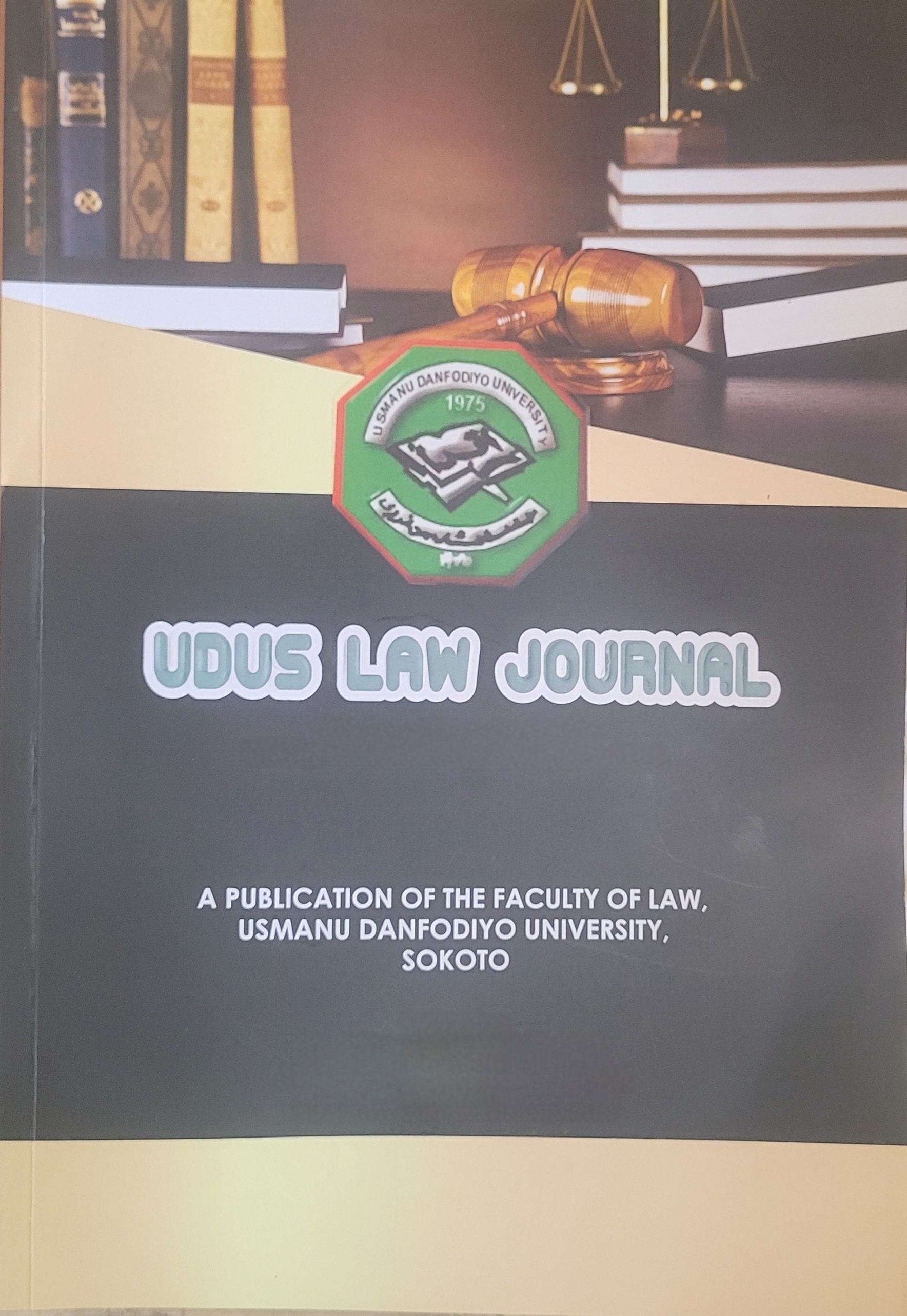Abstract
This paper focuses on the legal framework on extradition of drug and money laundering offenders to Nigeria, while at the same time various states practices were evaluated as to how it affects international cooperation towards the suppression of international organize crimes. The paper adopted hybrid of both doctrinal and empirical research methodologies with a view to evaluating various legal frameworks connected hereto; as well as collection of first-hand information data through the medium of questionnaires to analyse how states practices influence either positively or negatively the international cooperation on extradition of drug and money laundering offenders. Having carefully analysed various legal frameworks dealing with extradition of drug and money laundering offenders to Nigeria, as well as the data received from the Office of the Attorney General of the Federation, it is the humble view of the paper that certain considered legal framework needs to be amended, most especially as it relates to the extradition of nationals of the requested nations. This is due to the fact that, such provisions were observed to have ended in providing a cover to circumventing the entire process, thereby defeating the essence of extradition principles. Hence, it was recommended that for effective and purposeful implementation of such laws, there must be international understanding and demonstrated willingness to amend such provisions in our various bilateral and multilateral treaties for effective, unified and purposeful enforcement drive towards achieving the desired objectives.



 National Library of Nigeria
National Library of Nigeria.jpg) Association of Nigerian Authors
Association of Nigerian Authors Nigerian Library Association
Nigerian Library Association EagleScan
EagleScan Crossref
Crossref